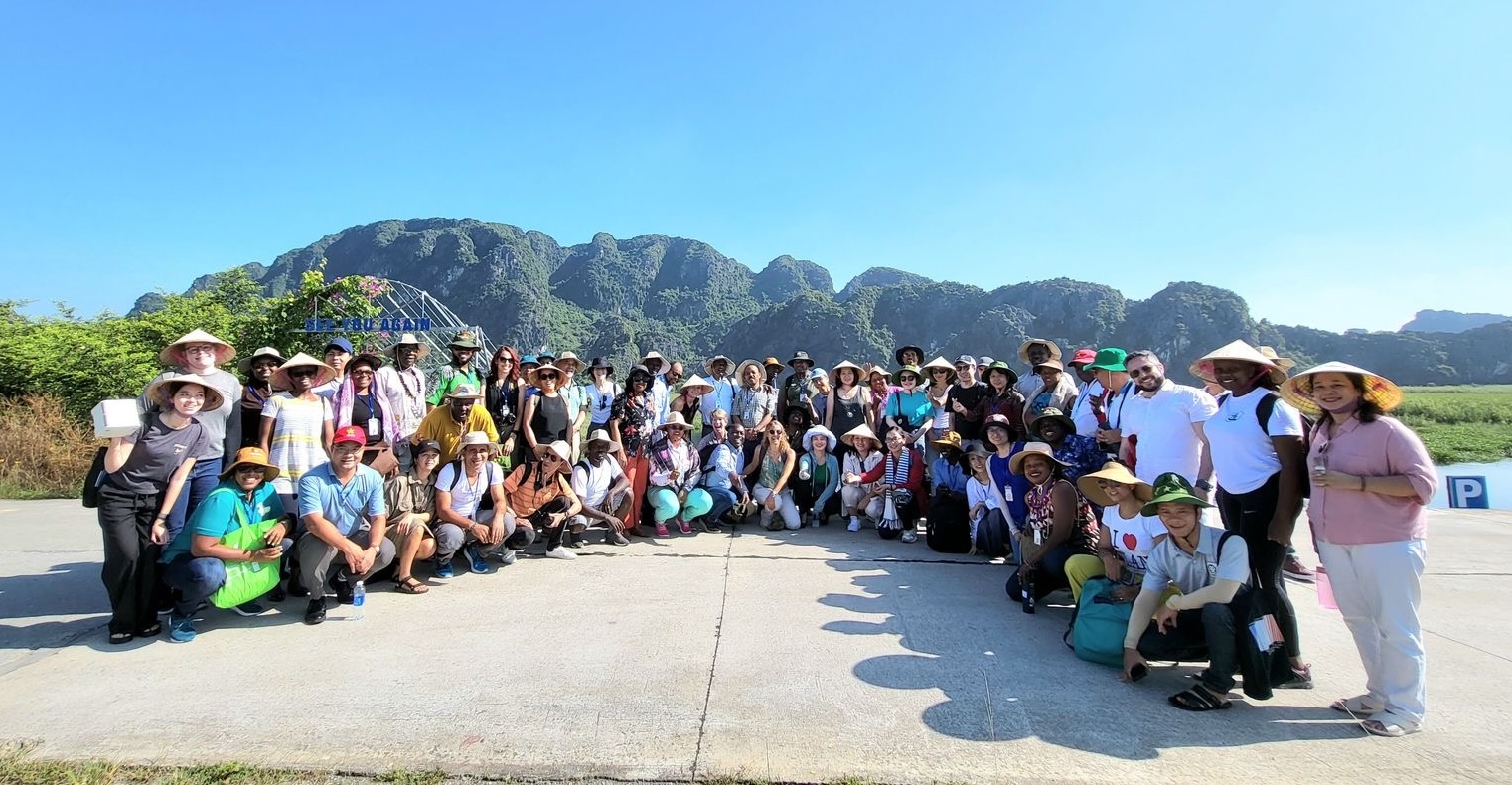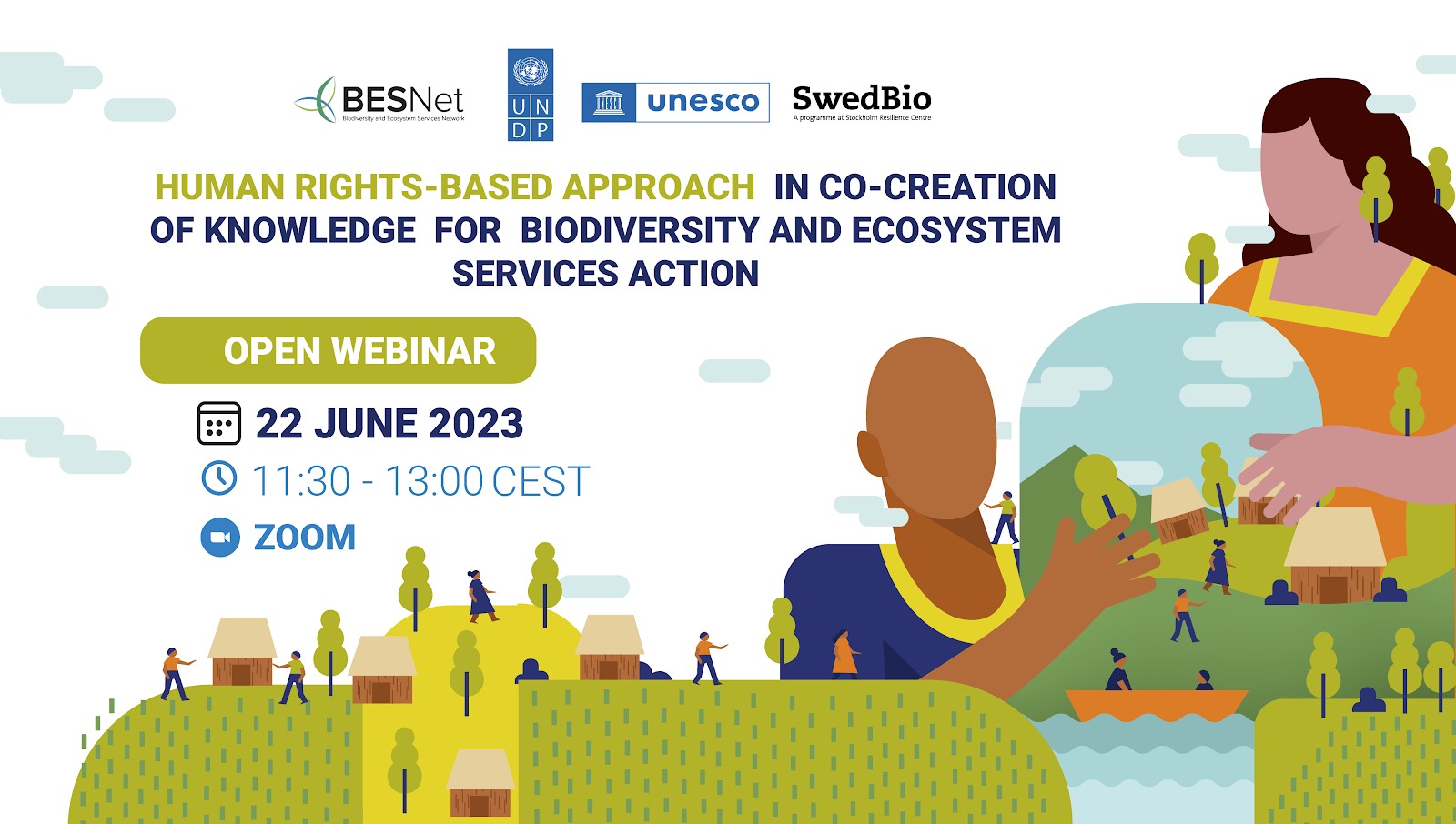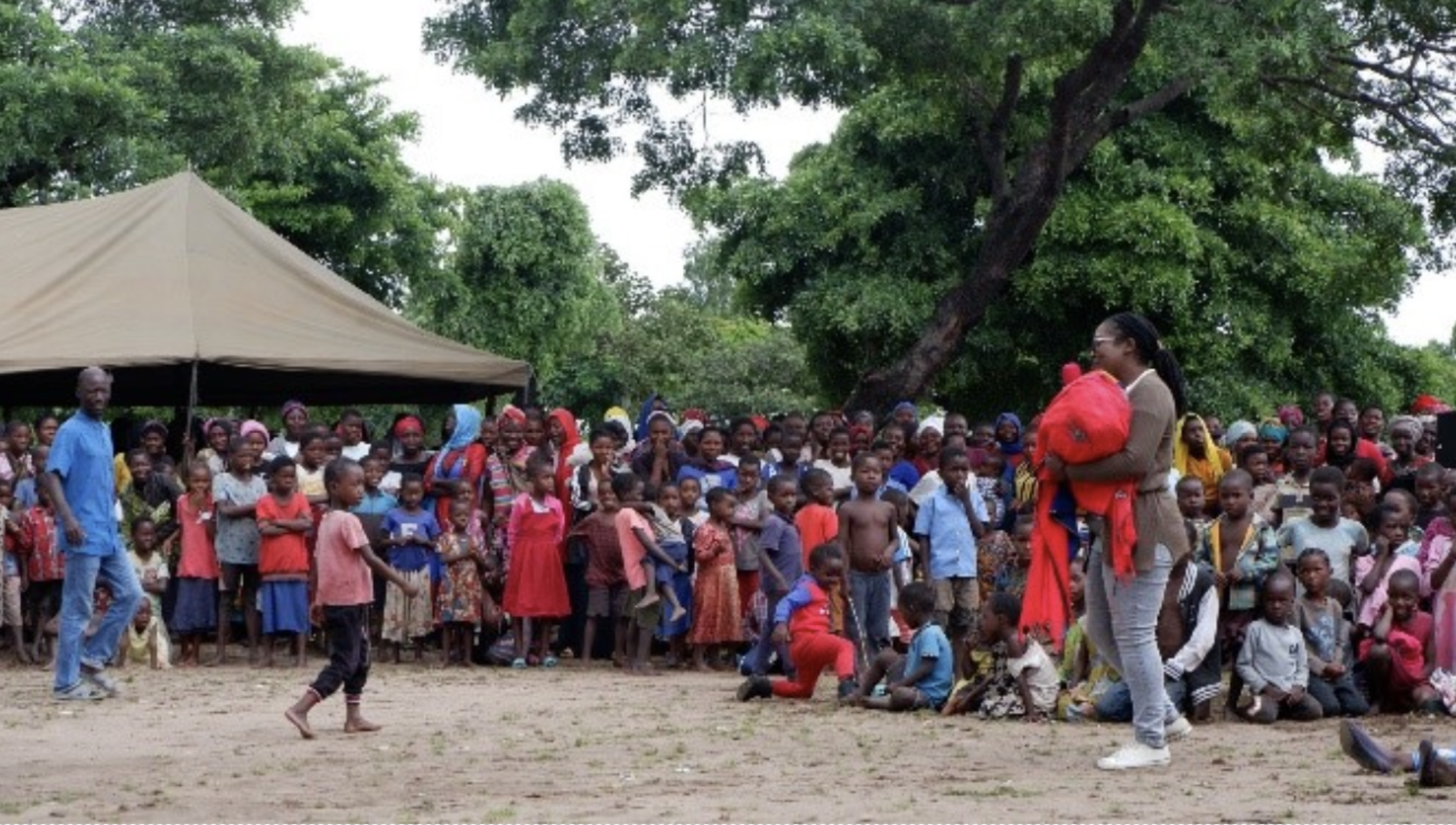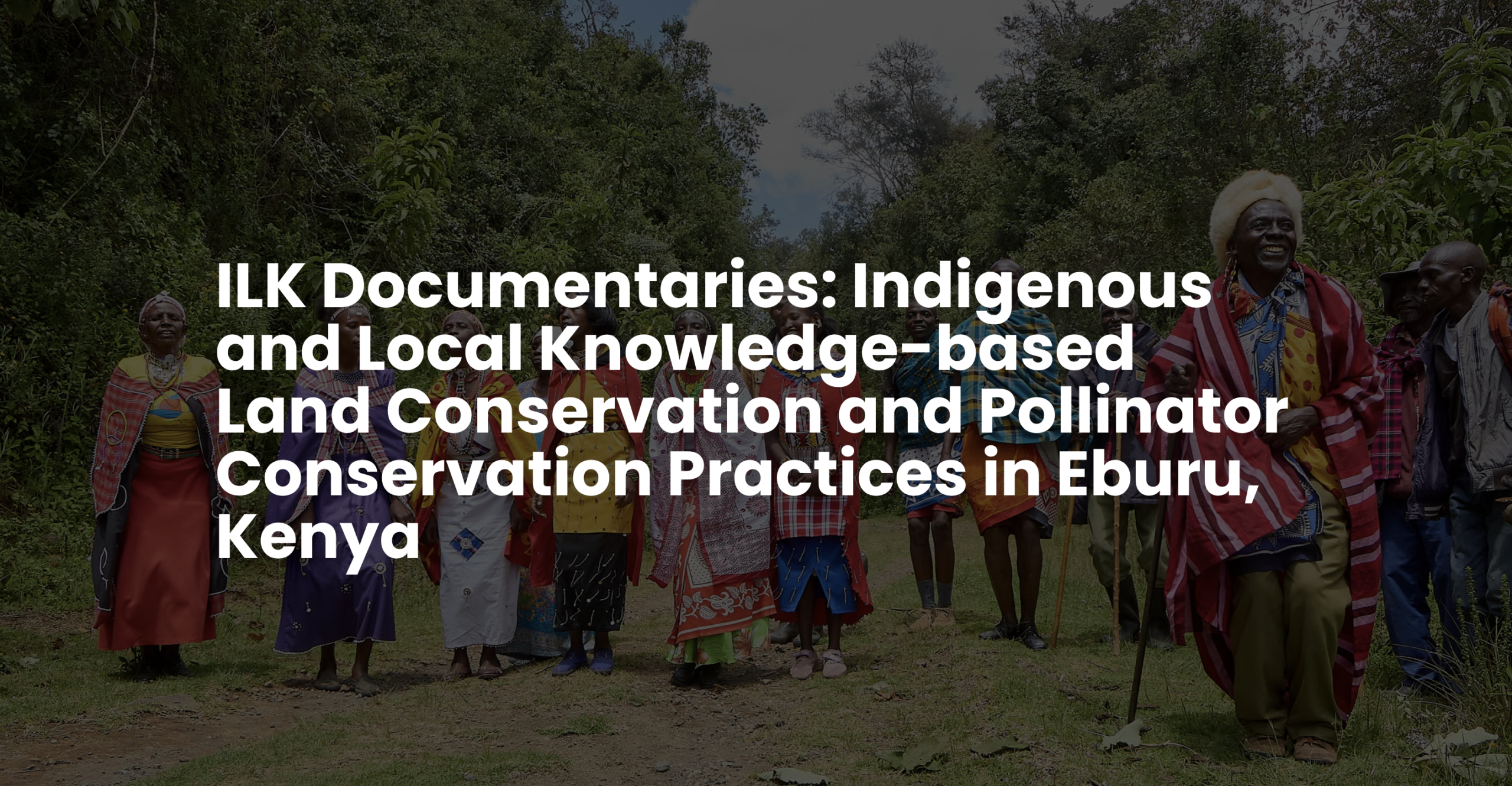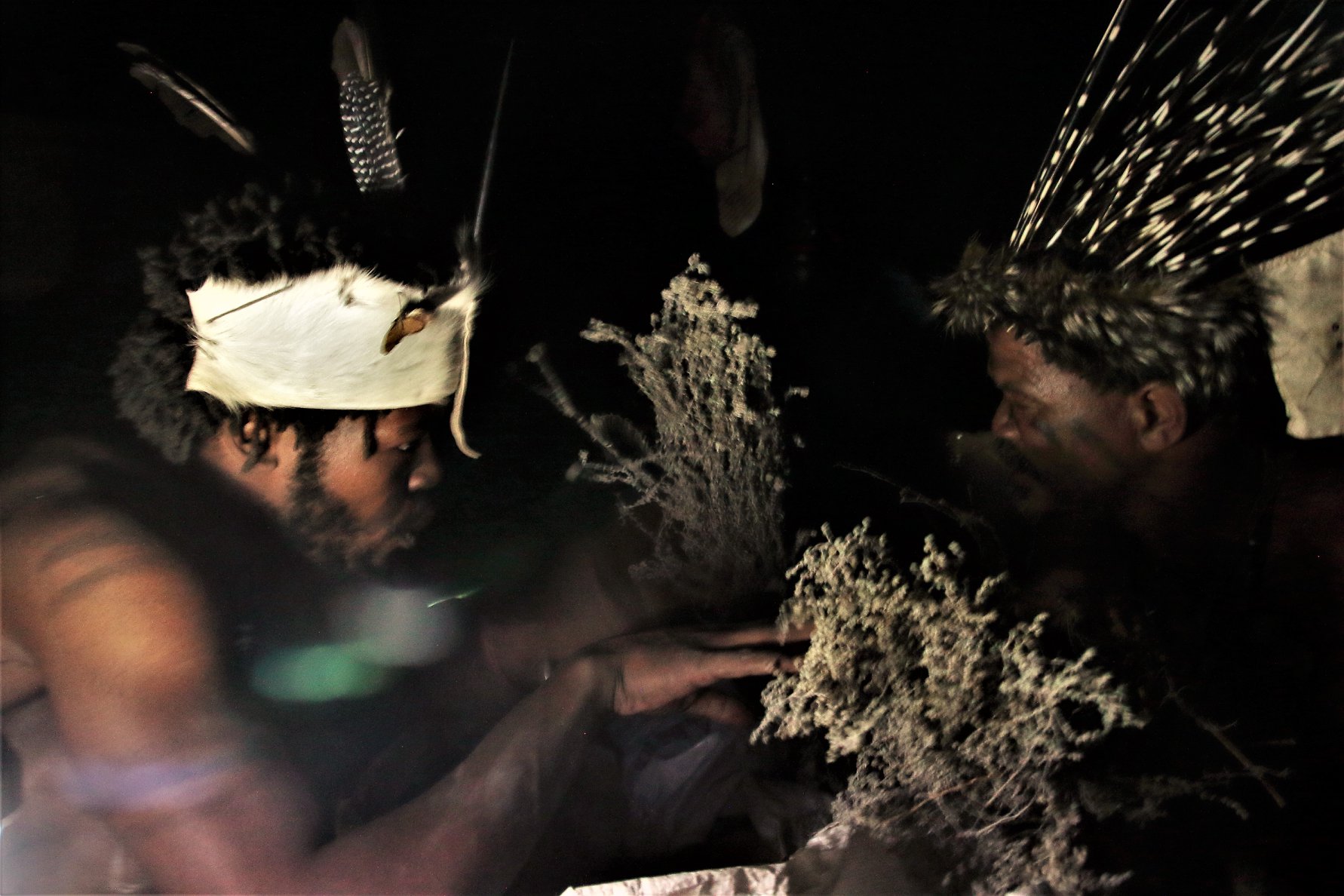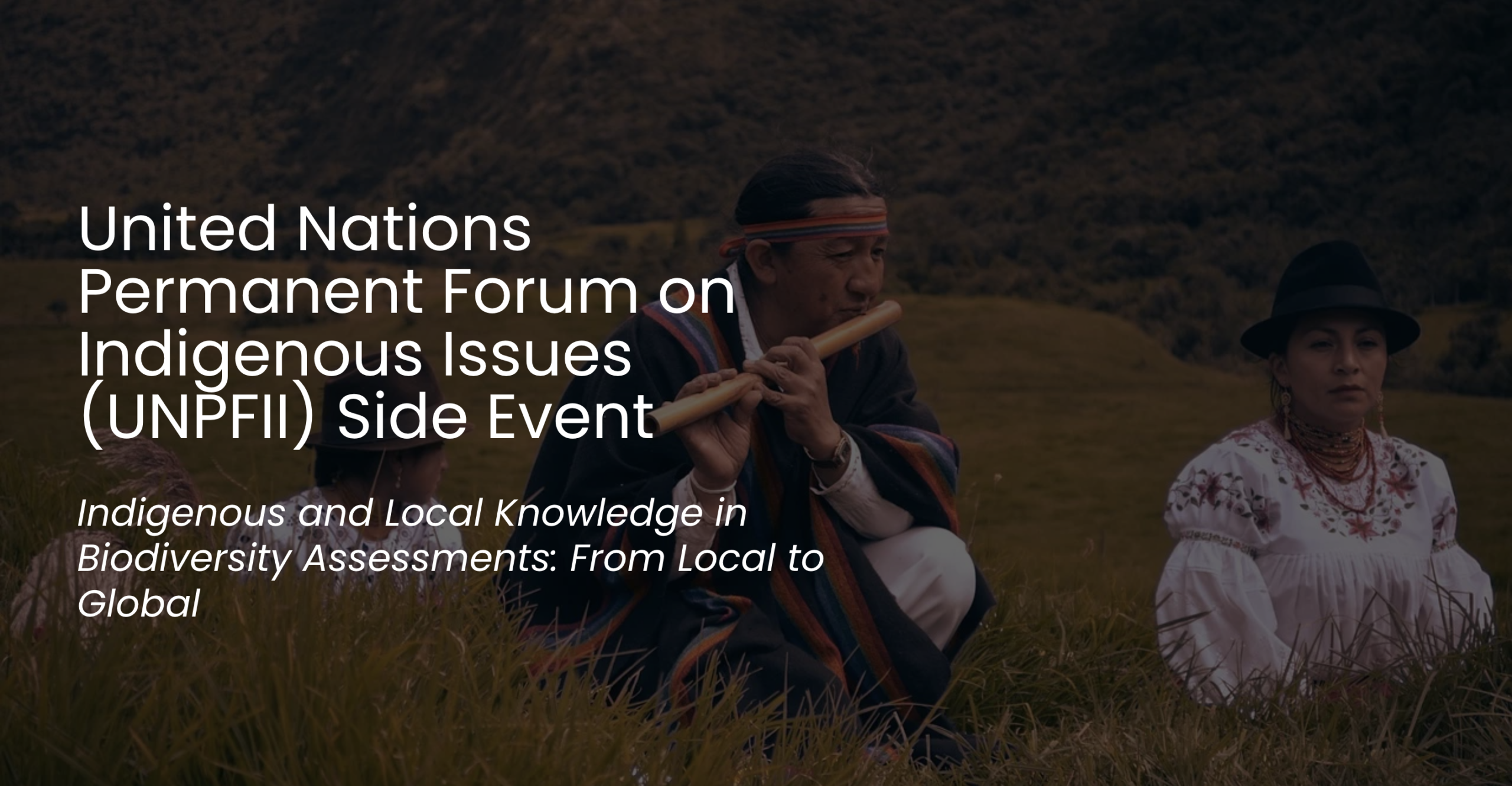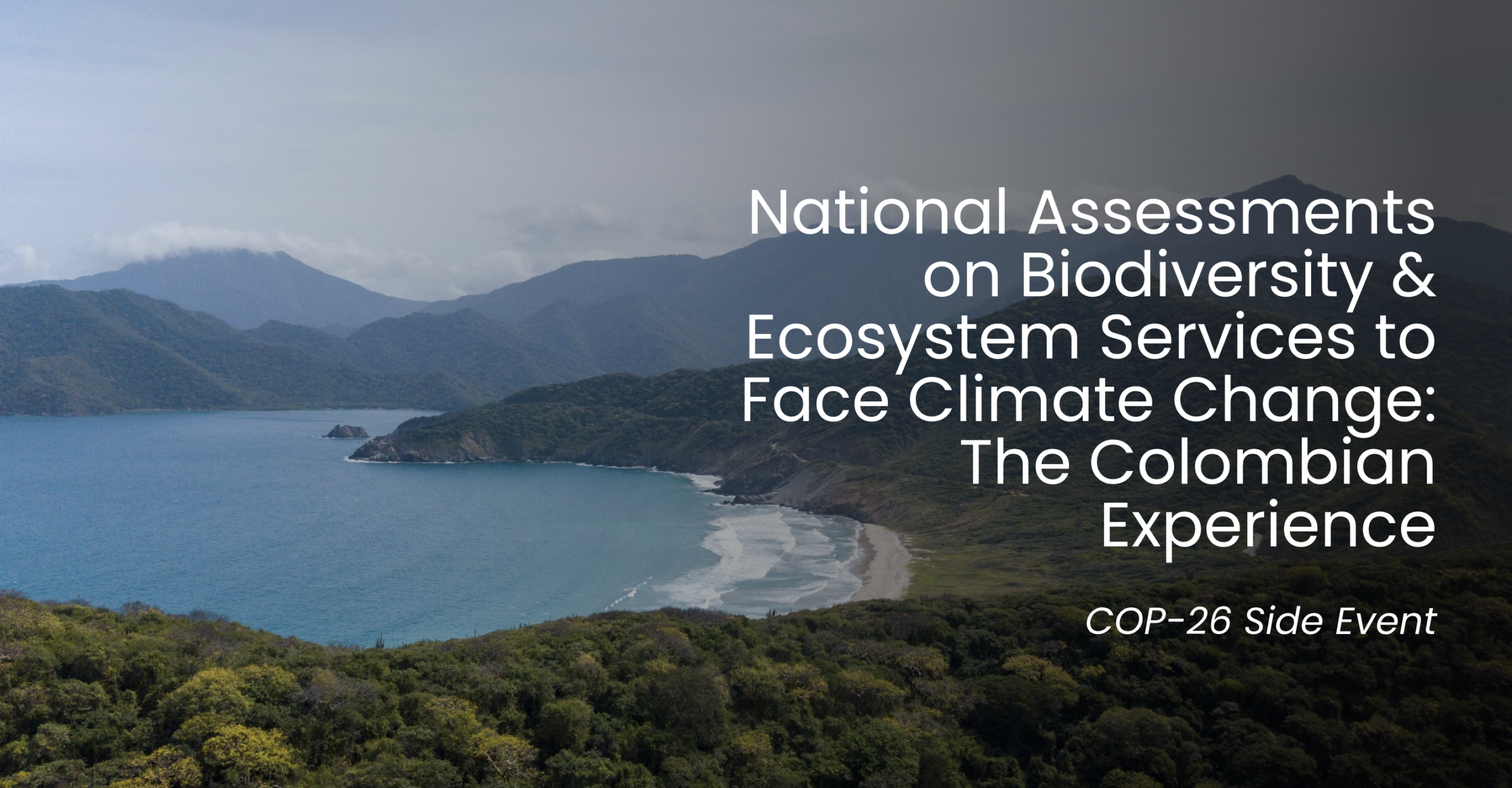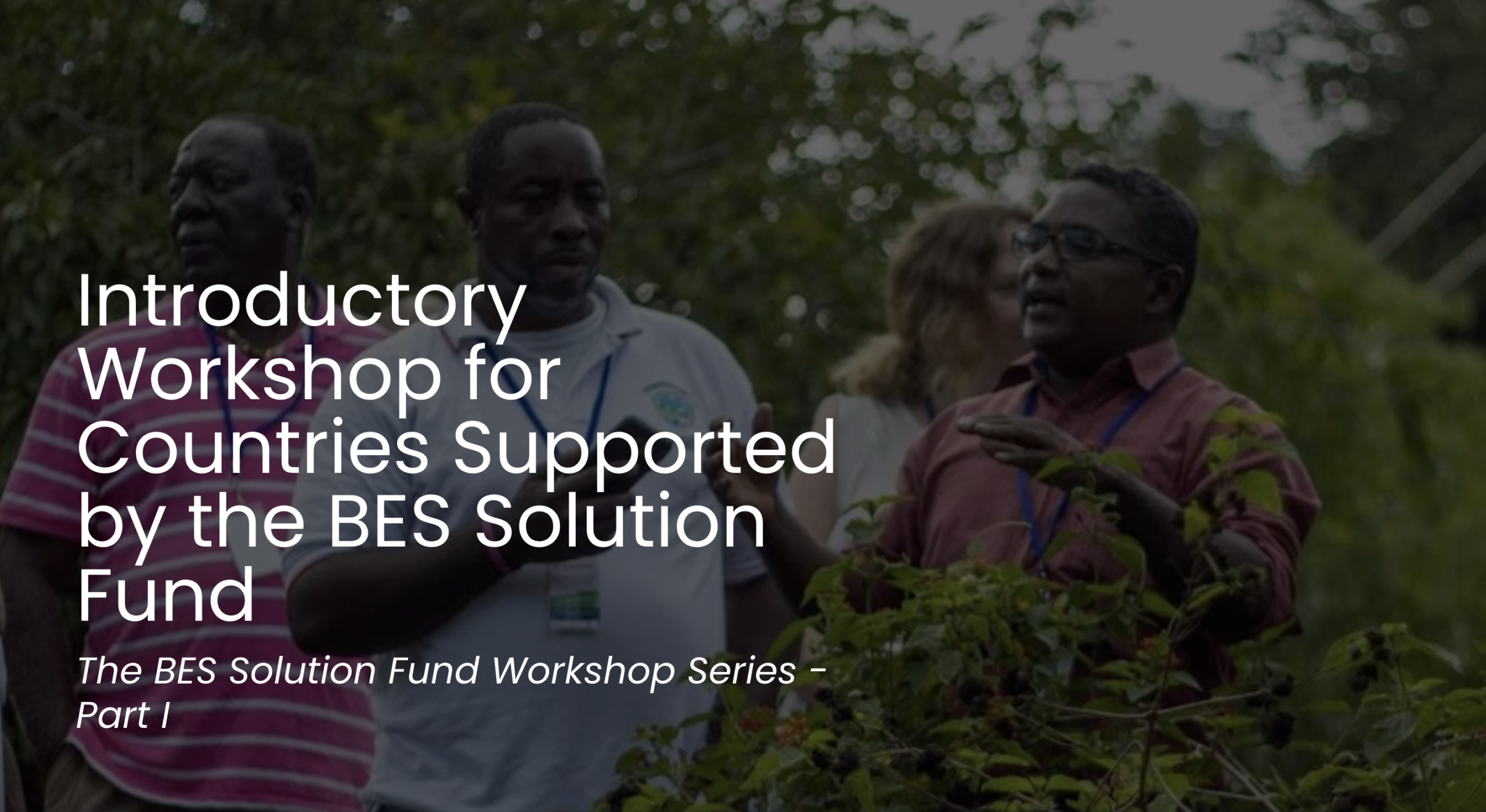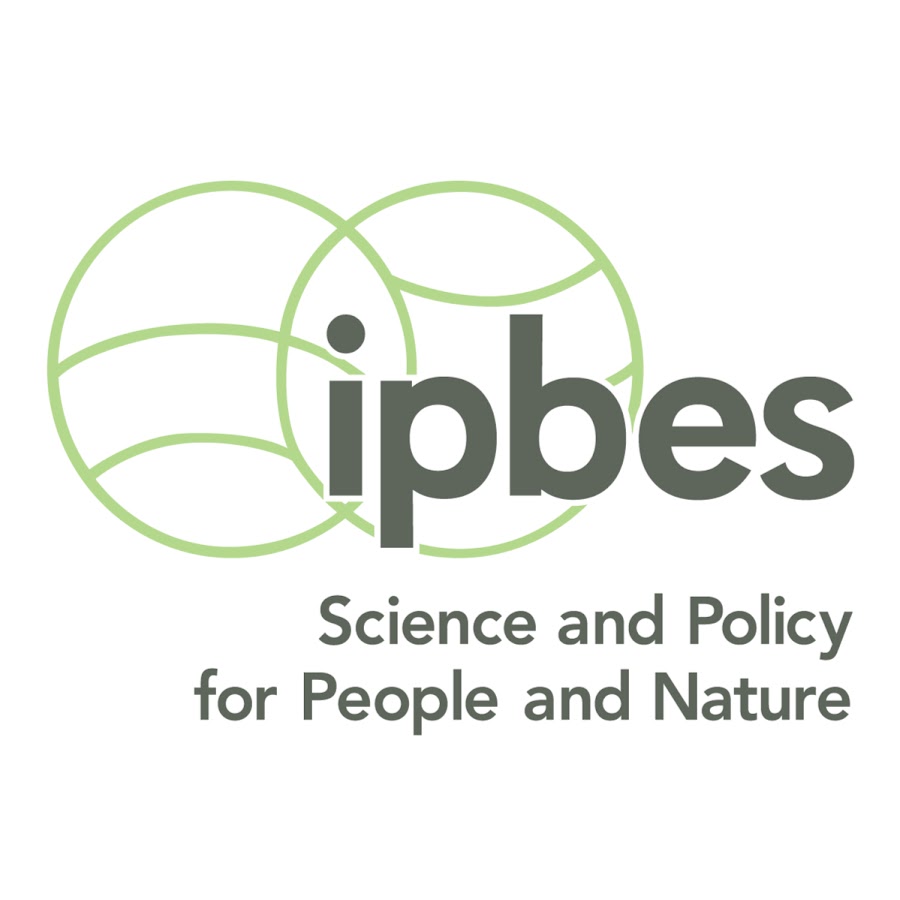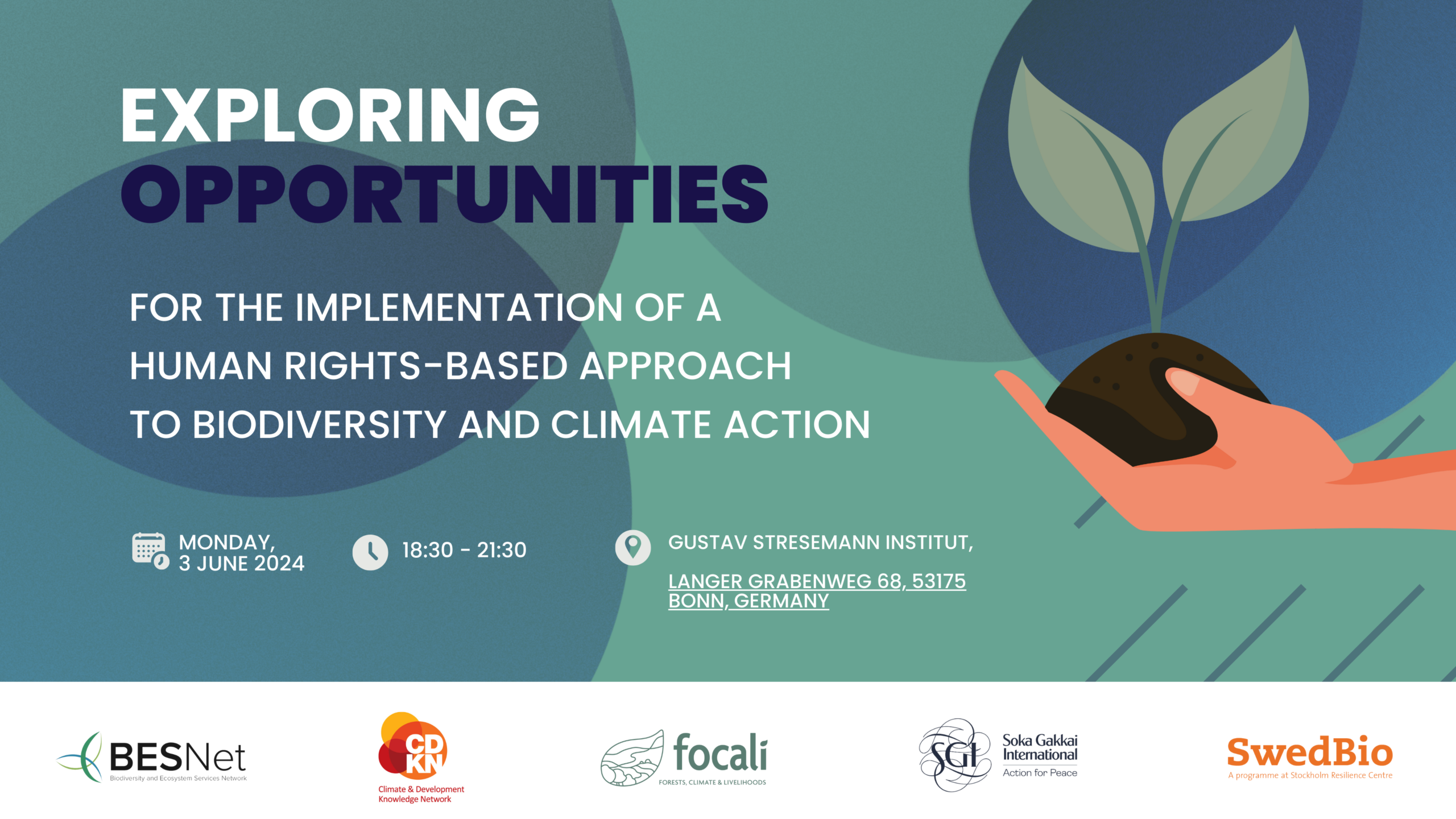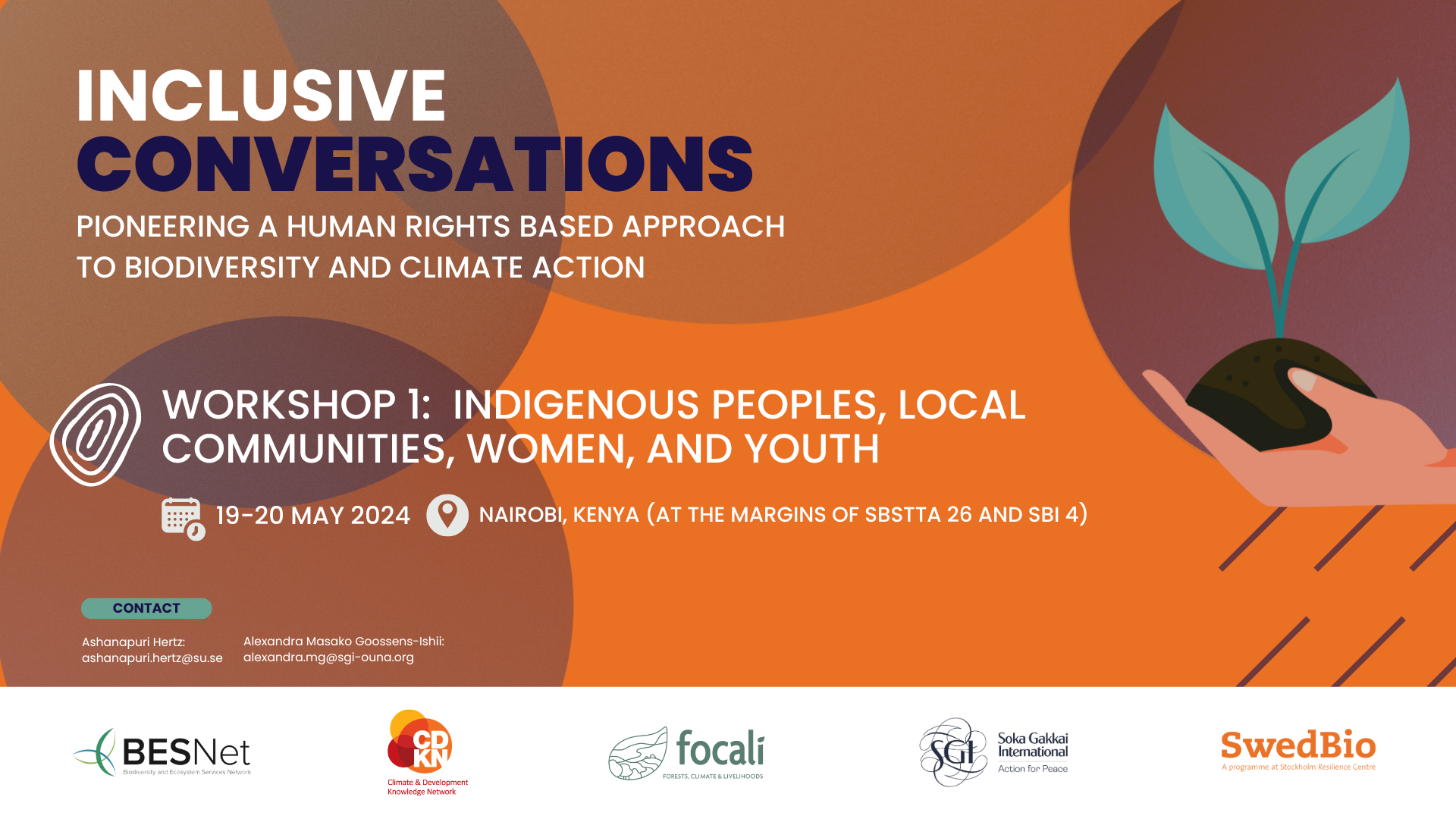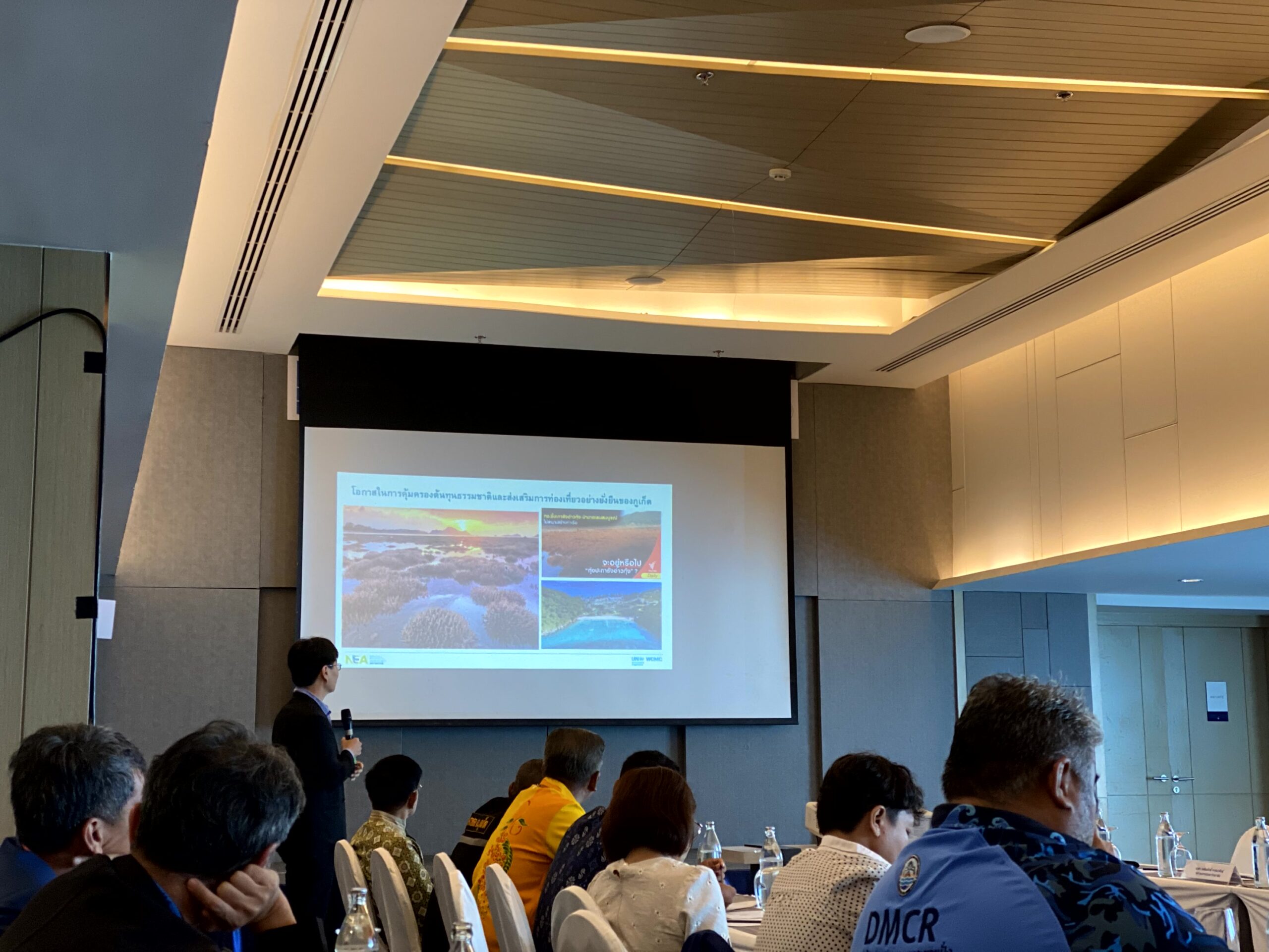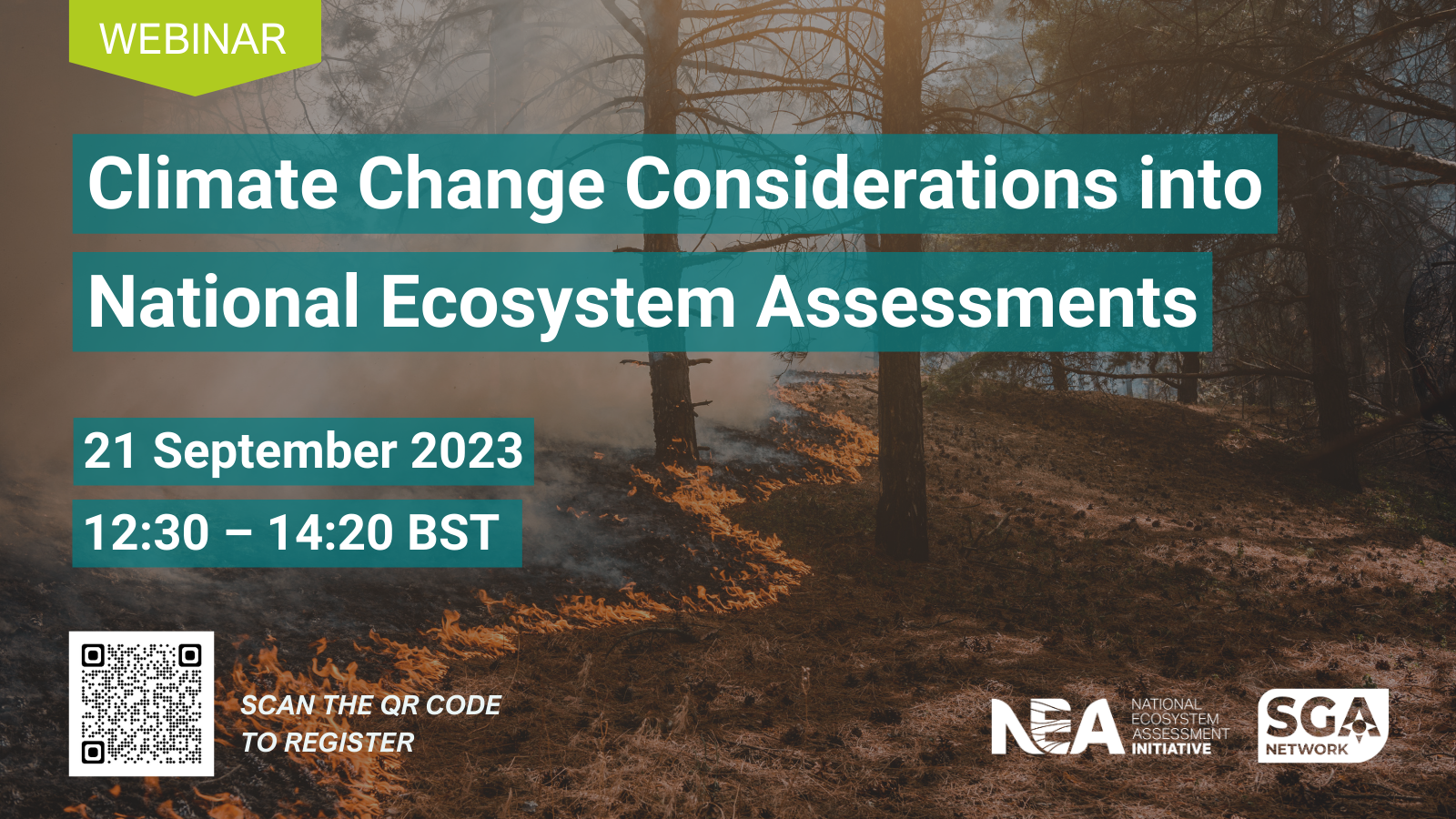Land degradation is a pervasive, systemic phenomenon. The pressures on global land resources are greater than at any time in human history. Approximately 20 percent of the Earth’s vegetated surface is showing persistent declining trends in productivity[1]. These trends are increasingly alarming in the face of increased demand for land-intensive crops and livestock.
Currently, land degradation is negatively impacting the well-being of at least 3.2 billion people, pushing the planet towards a sixth mass species extinction, and costing more than 10 percent of the annual global gross product in loss of biodiversity and ecosystem services[2].
Intensive land use and changes to land use, driven largely by commercial agricultural expansion, forestry, and consumption patterns, have not only contributed to food availability for a growing population, but also to an increase in greenhouse gas emissions, loss of natural ecosystems and declining biodiversity[3].
The ambitions reflected in Agenda 2030 and the goals and targets under the three Rio Conventions demonstrate the strong commitment of the international community to halt and reverse land degradation. This commitment culminated with the launch of the United Nations Decade on Ecosystem Restoration 2021-2030[4].
Ecosystem restoration encompasses a wide continuum of activities that contribute to protecting intact ecosystems and repairing degraded ecosystems[5]. These activities include, among others, enhancing organic carbon in agricultural soils, remediating polluted sites, restoring biodiversity and conserving fauna and flora that can assist in the restoration process.
As an international agreement on good land stewardship, UNCCD is leading the way on Land Degradation Neutrality (LDN)[6]. Over 100 UNCCD country parties have adopted LDN targets, leading to a global commitment to restore 450 million hectares of degraded lands under the Convention.
The IPBES Assessment Report on Land Degradation and Restoration (LDR) reveals that the implementation of proven actions to combat land degradation can contribute to the achievement of global restoration ambitions. “Sustainable land management and restoration practices, supported by coordinated policies, institutions, governance arrangements, better informed consumer demand and corporate social responsibility, can lead to significant improvements in land condition, reduce biodiversity loss and enhance the provision of environmental services”[7].
Objectives
This side event is organized in partnership with the governments of Malawi, Cameroon and Kazakhstan to showcase UNDP-supported efforts on land restoration and introduce the proposed UNDP Ecosystem Restoration Promise. The specific objectives of the side event are to:
- Present country-led initiatives on land restoration highlighting results achieved, lessons leant, challenges experienced and opportunities to scale-up implementation.
- Share experience on the mobilization of a broad range of actors (government, NGOs, youth and women’s groups, etc.) to catalyze and successfully implement restoration initiatives.
- Increase the understanding of the multiple benefits of land restoration in terms of creating green jobs, rebuilding livelihoods, climate change mitigation and adaptation, etc.
- Seek feedback, partnerships and collaboration for the development and implementation of the Ecosystem Restoration Promise;
- Facilitate networking among participants to strengthen the emerging global restoration movement advocated for by the UN Decade.
Target Audience
The target audience includes UNCCD country parties, land restoration stakeholders (civil society representatives, scientists, practitioners, etc.), and bilateral and multilateral partners supporting land restoration and LDN implementation efforts.
Event Format
The side event will consist of a plenary session, with a panel discussion followed by a question-and-answer session.
Panellists from Malawi, Cameroon and Kazakhstan will present national initiatives to combat land degradation, highlighting results achieved as well as challenges and opportunities for scaling-up restoration efforts.
UNDP will introduce the proposed Ecosystem Restoration Promise to seek feedback, partnerships and collaboration for the development and implementation of this initiative.
Agenda
| Time | Programme |
| 8:30 – 9:00 | Registration/Breakfast |
| 9:00 – 9:15 | Opening Remarks (UNDP & UNCCD) |
| 9:15 – 9:50 | Inteventions of Panelists
· UNDP Support on Sustainable Land Management & Restoration · The Malawi Green Corps Initiative · Cameroon’s Drive Towards Land Degradation Neutrality · Addressing Land Degradation in the Aral Sea Regions of Kazakhstan |
| 9:50 – 10:25 | Discussion/Questions and Answers (facilitated by the Chair) |
| 10:25 – 10:30 | Summary of Key Points/End of Session |
[1] United Nations Convention to Combat Desertification (UNCCD). 2017. Global Land Outlook.
[2] Intergovernmental Science-Policy Platform on Ecosystems and Biodiversity (IPBES), 2018. Assessment Report on Land Degradation and Restoration.
[3] Intergovernmental Panel on Climate Change (IPCC). 2019. Climate Change and Land.
[4] United Nations Decade on Ecosystem Restoration. 2021-2030. Accessed: Strategy | UN Decade on Restoration
[5] Gann et al. 2019. International principles and standards for the practice of ecological restoration. Second edition.
[6] Land Degradation Neutrality is defined “a state whereby the amount and quality of land resources necessary to support ecosystem functions and services and enhance food security, remains stable or increases within specified temporal and spatial scales and ecosystems” (UNCCD. 2017. Land in Balance. The Scientific Conceptual Framework for Land Degradation Neutrality)
[7] Intergovernmental Science-Policy Platform on Ecosystems and Biodiversity (IPBES), 2018. Assessment Report on Land Degradation and Restoration.

